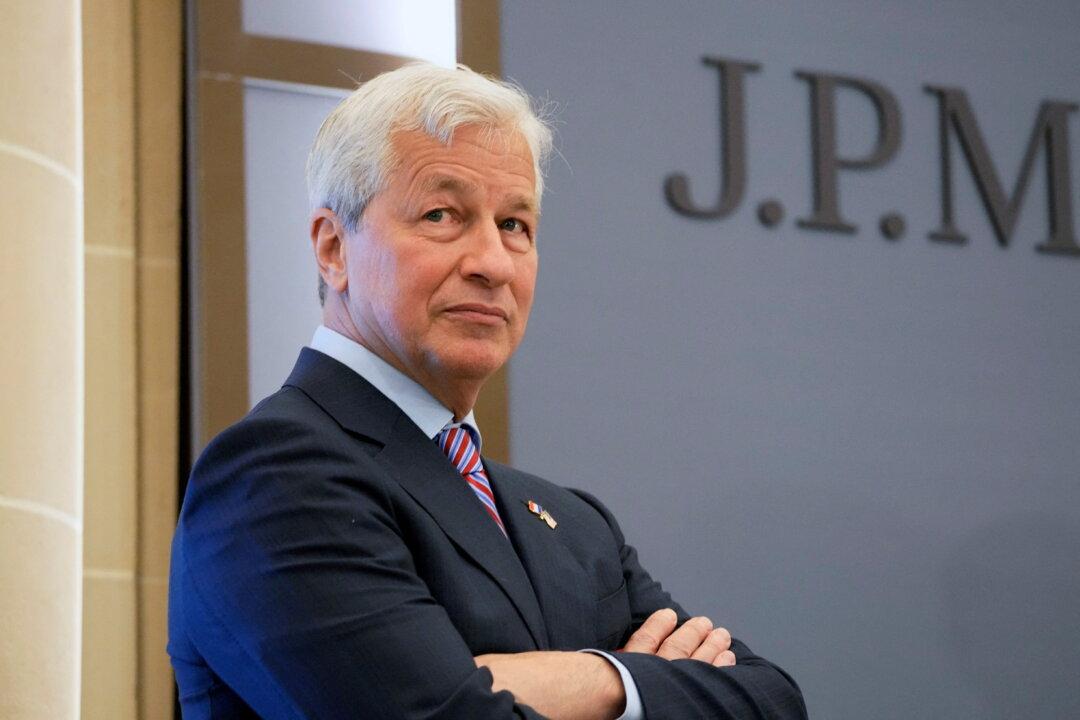The United States is looking at an economic “hurricane” of challenges down the road and the Federal Reserve must take strong precautions to avoid a recession, a top banking official has warned.
“It’s a hurricane,” Jamie Dimon, CEO of JPMorgan Chase & Co., told a banking conference, adding that it was unprecedented.





